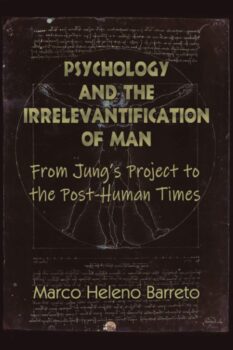The plight of the individual in modern society has been a fundamental concern for Carl Gustav Jung. Faced with the threat that mass-mindedness represented to the psychological survival of the ethical and self-conscious subject in our times, Jung proposed, in his Analytical Psychology, what he considered to be the only way to counter this threat: the revaluation of the individual. Jung’s conception of the individual was informed by the historical tradition of Western humanism. Accordingly, he considered the ethical position implied in the contemporary process of individuation as a development and differentiation within the traditional ethic. But what happens to Jung’s psychological project when, in our so-called post-human times, this tradition seems to live its final twilight, when the notion of Man presupposed in Analytical Psychology is overcome in the form of being-in-the-world characteristic of late modernity? Adopting the standpoint of psychology as the discipline of interiority, this essay is an attempt to tackle this problem, establishing the intrinsic relation of Jung’s psychology to the “catastrophe” of modernity, unearthing the historical roots of the triumph of Mass Man and examining the psychological situation of the individual after the objective irrelevantification of the classical ideals of Western humanism.

